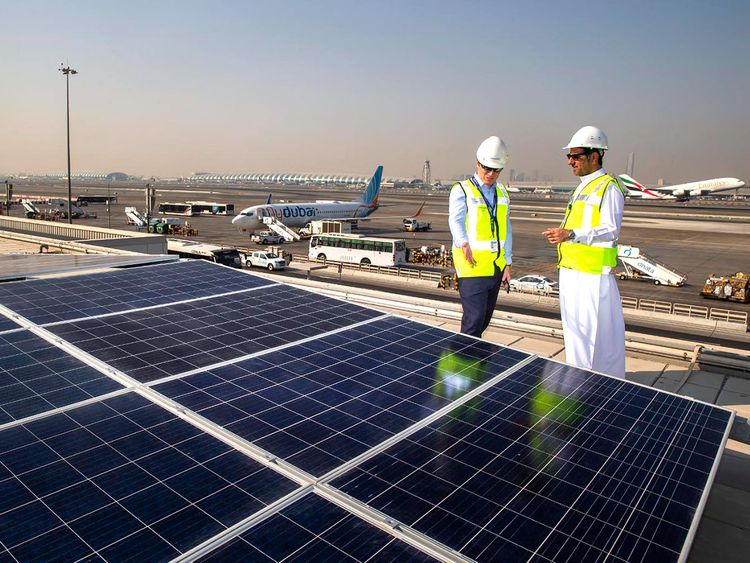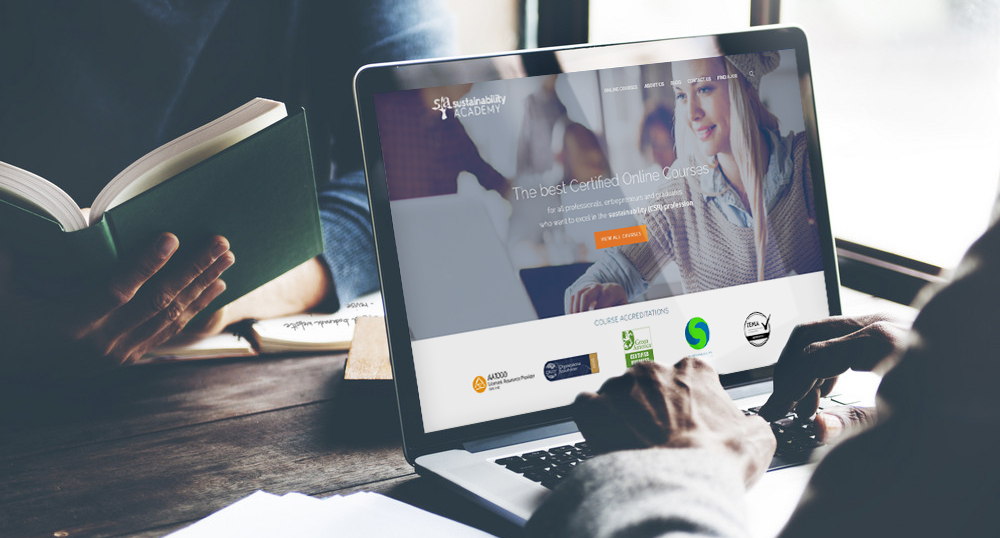As mentioned in a previous blog article, North Bay Village, like many other areas across Florida, is beginning to notice the effects of rising sea levels. Top environmental issues in Miami are not new problems and have been raised for decades.
For example, one problem is Florida allowing development on its beaches and the sea level rise, as a result of climate change, is not stopping developers of Florida’s coast.
In 2016, South Florida was home to 6 million people and projected to grow by 3 million over the next three decades. Yet, by 2050, an estimated $15 billion to $36 billion of Florida’s coastal property will be threatened by sea-level rise, according to a report in 2015 from the Risky Business Project, a Bloomberg Philanthropies effort that quantifies economic risks from climate change.
In South Florida, sea-level rise and climate change are already having an effect on available drinking water as the rise of the ocean is bringing salt water into the water system.
It is undeniable the beautiful Florida beaches are attractive to tourists. On May 1, 2019, the Greater Miami Convention & Visitors Bureau (GMCVB) announced a record-breaking 16.5 million overnight visitors in 2018, up +3.5% compared to 2017, along with 6.8 million Day Trippers for a total visitor number of 23.3 million. The record-breaking visitor volume led to an economic impact of nearly $18 billion, fueled mostly by international visitors who contributed an estimated +54% of the total economic impact. Greater Miami and the Beaches broke another record by selling a record 15.6 million hotel room nights in 2018, representing an increase of +1.5% compared to 2017. This speaks to the strong demand for the destination. But tourists bring their own challenges – often in the form of motor boats and fishing rods, contributing further to the sustainability issues.
If you represent or are directly or indirectly linked to these industries affected by these environmental challenges in Florida, what solutions do you adopt and what actions to do implement to ensure the sustainability of your organization? Join us in Miami in early 2020 for sustainability discussions regarding the Sunshine State.
CSE’s Certified Sustainability (CSR) Practitioner Program, Advanced Edition 2020, takes over Florida January 16-17, 2020 to help sustainability professionals rise to any occasion. This challenging two-day training offered by Centre for Sustainability and Excellence (CSE) aims to give you all the latest tools and resources required to implement or upscale existing sustainability initiatives taking place in your organization.







